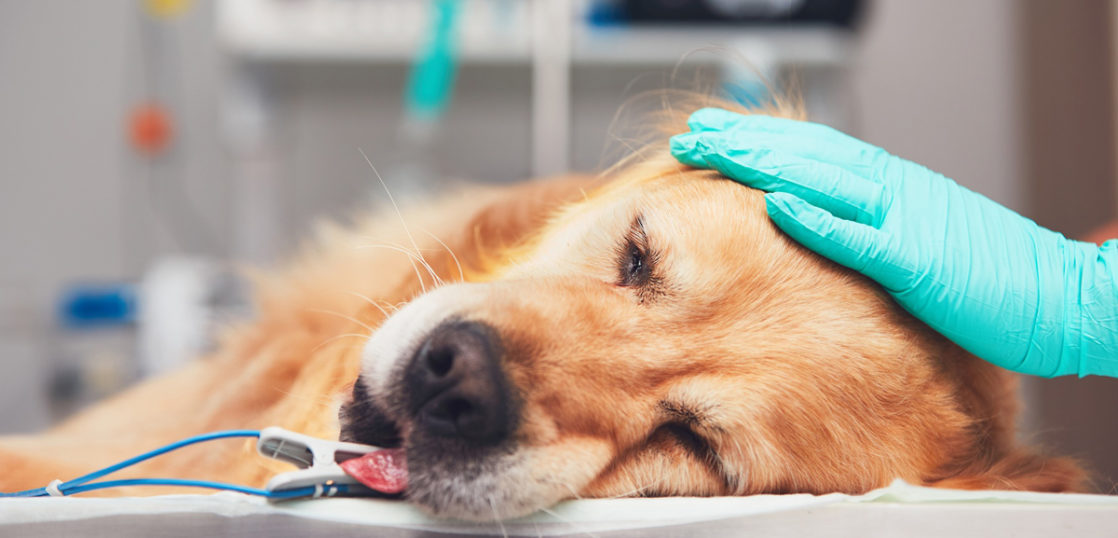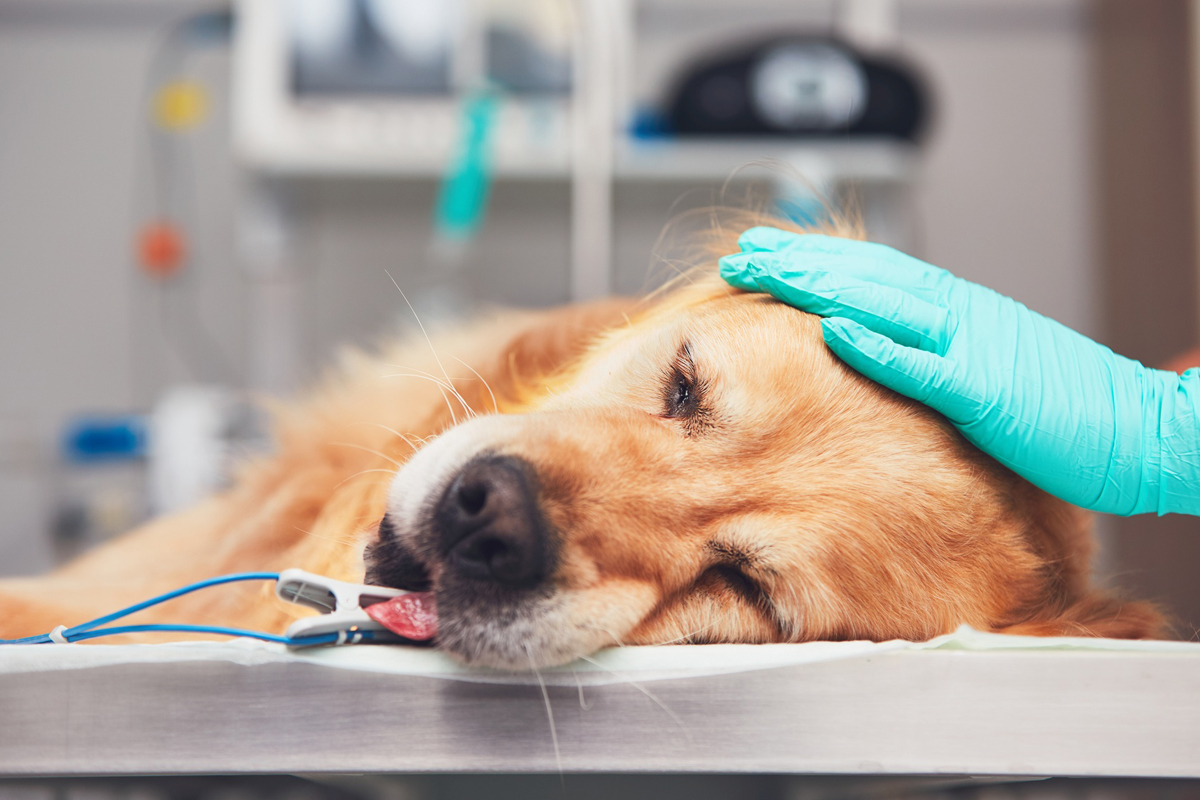目次
Classification by Purpose of Surgery
Curative Surgery
Curative surgery refers to operations performed with the expectation of completely curing the disease. The goal is to remove all tumors (complete resection), and it may include removing not only the tumor but also organs and tissues that may have spread tumor cells (e.g., lymph nodes). When referred to as complete resection, it indicates curative surgery.
Palliative Surgery
Palliative surgery refers to operations performed not to cure the disease, but to alleviate symptoms. When curative surgery is difficult, palliative surgery is performed with the aim of improving QOL (Quality of Life). It is sometimes referred to as debulking surgery.
Classification by Extent of Resection
Standard Surgery
Standard surgery refers to operations that have been commonly performed with the aim of achieving a cure.
Extended Surgery
Extended surgery involves resecting a broader area than standard surgery with the aim of completely removing the tumor. It is performed to prevent recurrence and metastasis but involves extensive resection, which places a significant burden on the body and may lead to decreased postoperative QOL (Quality of Life). It is mainly performed for advanced cancers and is often used in cases of mastocytomas.
Reduced Surgery
Reduced surgery involves resecting a smaller area than standard surgery. This type of surgery aims to preserve function, so it has less impact on other tissues and organs and places less burden on the body, but it carries a higher risk of recurrence and metastasis. It is mainly performed for early-stage cancers or small tumors.
Post-surgical Immune Recovery
Anesthesia is administered during surgery, which disrupts the body’s overall immunity, leading to decreased immunity post-surgery. Research is being conducted on whether Cordy can accelerate recovery of physical strength and immunity post-surgery. Additionally, research is also progressing on whether Placenta Extract Powder derived from SPF pigs in Japan can expedite wound healing.
Our laboratory continues to research Cordy, which is expected to have immune-modulating effects, and Placenta Extract Powder derived from SPF pigs in Japan, which is expected to protect liver function. If you have any questions, please contact us.






